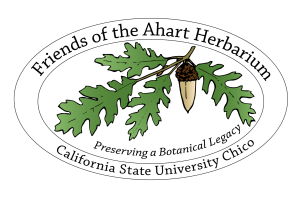Ecology of Butterflies and Their Host Plants
Dr. Donald Miller
Entomologist and Professor
CSU Chico
View the Presentation Below
Dr. Miller will provide a brief overview of the history of the study of butterflies in our region, with particular reference to 19th‐century naturalists. He will highlight the biology, ecology and behavior of representative families and species, in the context of their host‐plant affinities and habitat requirements. He will also discuss ongoing efforts towards wise stewardship of our butterflies, their host plants and habitats in the Anthropocene.
Miller Brief Biography and Research Interests: My pursuits in conservation focus especially on that of butterflies, as they may serve as umbrella taxa in conservation of habitats generally. I have published on butterfly conservation, and have conducted or participated in the North American Butterfly Association’s annual butterfly counts in various localities since 1995. In addition, since the age of four, I have been interested especially in insects, and my enthusiasm has never flagged. I have the privilege of teaching Ecology, Animal Behavior, Entomology, and courses in General Education as well. My training is in Forest Biology (B.S.), Biological Anthropology (M.Sc.) and Entomology (Ph.D.). My research activities include especially Insect ecology and conservation, although I have had students working on varied organisms such as fish, owls, and bats. I have an active research program at Chico State's Big Chico Creek Ecological Reserve, which involves tracking ecological succession of manzanita chaparral following a wildfire. Certain aphids (small insects) induce galls (plant tumors) on the leaves of manzanita shrubs, which can be readily counted, measured, and their contents described. These gall aphids, in turn, are parasitized by close relatives which invade galls rather than initiating their own, in an insect version of cuckoo birds parasitizing other birds' nests.

